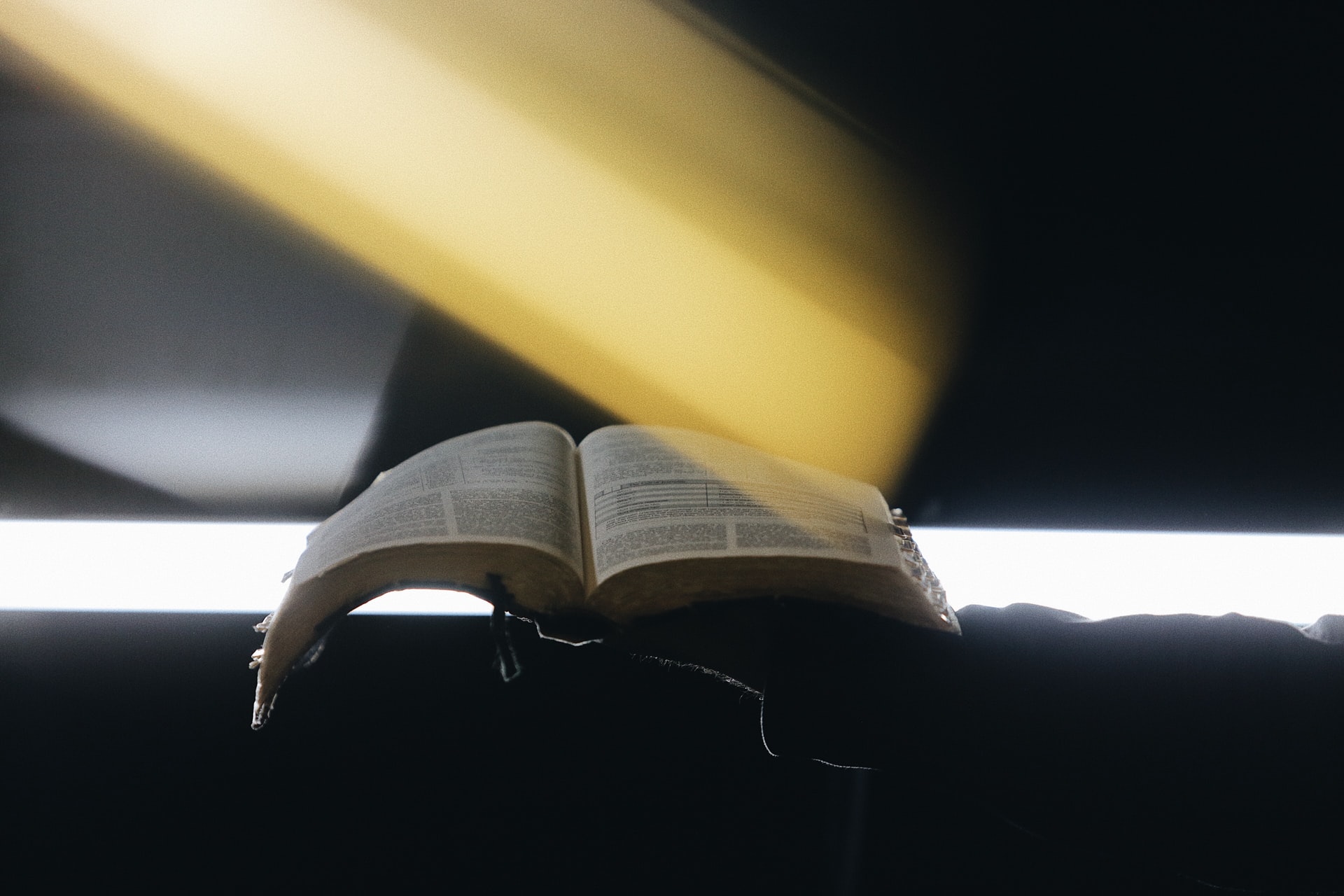Obadiah’s Widow and God’s Deliverance
“Now there cried a certain woman of the wives of the sons of the prophets unto Elisha, saying, Thy servant my husband is dead; and thou knowest that thy servant did fear the LORD: and the creditor is come to take unto him my two sons to be bondmen. And Elisha said unto her, What shall I do for thee? tell me, what hast thou in the house? And she said, Thine handmaid hath not anything in the house, save a pot of oil.” 2 Kings 4:1-2
The Widow’s Appeal
- She appealed to Elisha, the Leader of the school of the prophets. Adam Clarke notes that this should read ” read ” – תלמידי נבייא – talmidey
 nebiyaiya, ‘disciples of the prophets:’ so the Targum here, and in all other places where the words occur, and properly too.”
nebiyaiya, ‘disciples of the prophets:’ so the Targum here, and in all other places where the words occur, and properly too.” - She reminded Elisha of the faith and fervor of her late husband. According to the Chaldee, Jarchi, the rabbins and the historian Josephus, this woman was the wife of Obadiah, the Administrator of King Ahab’s Palace. He had hidden 100 prophets in two caves and fed them for a protracted length of time during the period of Jezebel’s introduction of Baal Worship in Israel. Elijah spared his life when Obadiah was sent to summon Elijah to meet with Ahab. The Targum says that Obadiah had borrowed money from Ahab to feed these prophets, because he could not support them from Ahab’s estate.
- She related the consequences of bankruptcy in this particular instance. The creditor wanted to take her sons as slaves. As slaves, they provided tangible commercial value, which would be subtracted from the debt she owed. The creditor was entitled to hold them and use their labor for up to six years.
- Exodus 21:2 If thou buy an Hebrew servant, six years he shall serve: and in the seventh he shall go out free for nothing.
The Widow’s Resource
- The Widow had two sons, whose labor was regarded as a valuable resource.
- She owned a small flask of anointing oil. The King James Version Bible states that she had a ‘pot of oil,’ which in Hebrew means a small flask of oil (אָסוּךְ from סוּךְ, which is an anointing flask – a small vessel for oil, necessary for anointing the body).
- She had nothing else, no furniture, pots or containers. Seemingly, everything had been liquidated. However, there remained an outstanding balance owed to her creditor.
The Widow’s Deliverance
- When she approached the Prophet, Elisha himself had no money or resources apart from the power of God upon his life. He asked her what she had. Her response was a small horn of oil used to anoint the body.
- Elisha knew that oil had commercial value. He then instructed her to begin pouring it out as an act of faith. Her obedience to the instruction of the man of God resulted in the miracle of multiplication. The only limitation to her deliverance was the limited number of containers, which she borrowed from her neighbors.
- The oil, which she collected, was sufficient to repay the balance of her husband’s debt and still have enough remaining capital to meet the needs of her and her family. Each Hebrew family owned a permanent inheritance of land. Therefore, with the help of her sons, she would be able to farm the land and purchase a few sheep or goats, which would serve as the foundations of a new flock, which served to provide a comfortable living for her family.
- When Obadiah used a line of credit to honor the God of Israel by protecting and feeding His prophets, the Lord made sure that she would be adaquetly taken care of. It came in the form of His Divine Provision. God is no man’s debtor. The widow of Obadiah literally took it to the bank! There are times when you too will need to trust God for the supernatural. God is still in the miracle business.
The Widow’s Creditor
Obadiah had borrowed the money from his boss, King Ahab. Now Ahab had died and his widow finds she is saddled with the debt. This, says Jarchi, was Jehoram son of Ahab, who had a legal right of redress. While Elisha was more of a diplomat than Elijah was, his relations with Jehoram ran hot and cold. He was almost rude to Jehoram during the campaign against the Moabites. However, he was willing to perform a miracle for the widow of Obadiah even if ultimately King Jehoram would benefit by it.
While the Bible clearly says the ‘borrower is the slave of the lender’ there are times when credit can be used with discretion. I do certainly believe that the words I recently read on a Church marquee are worth reflection. It said, “Act Your Wage!” Let your lifestyle honor God by living within your means.
